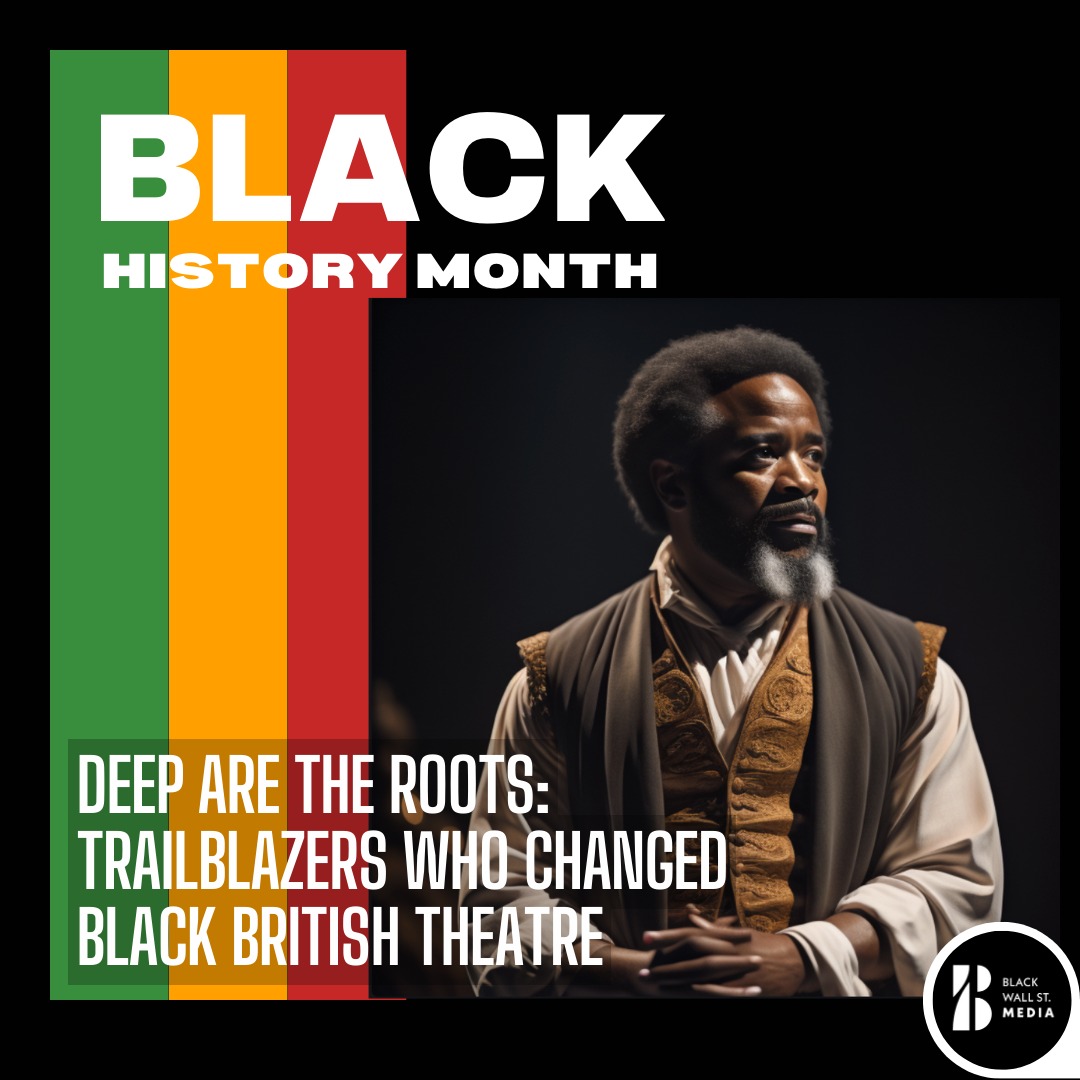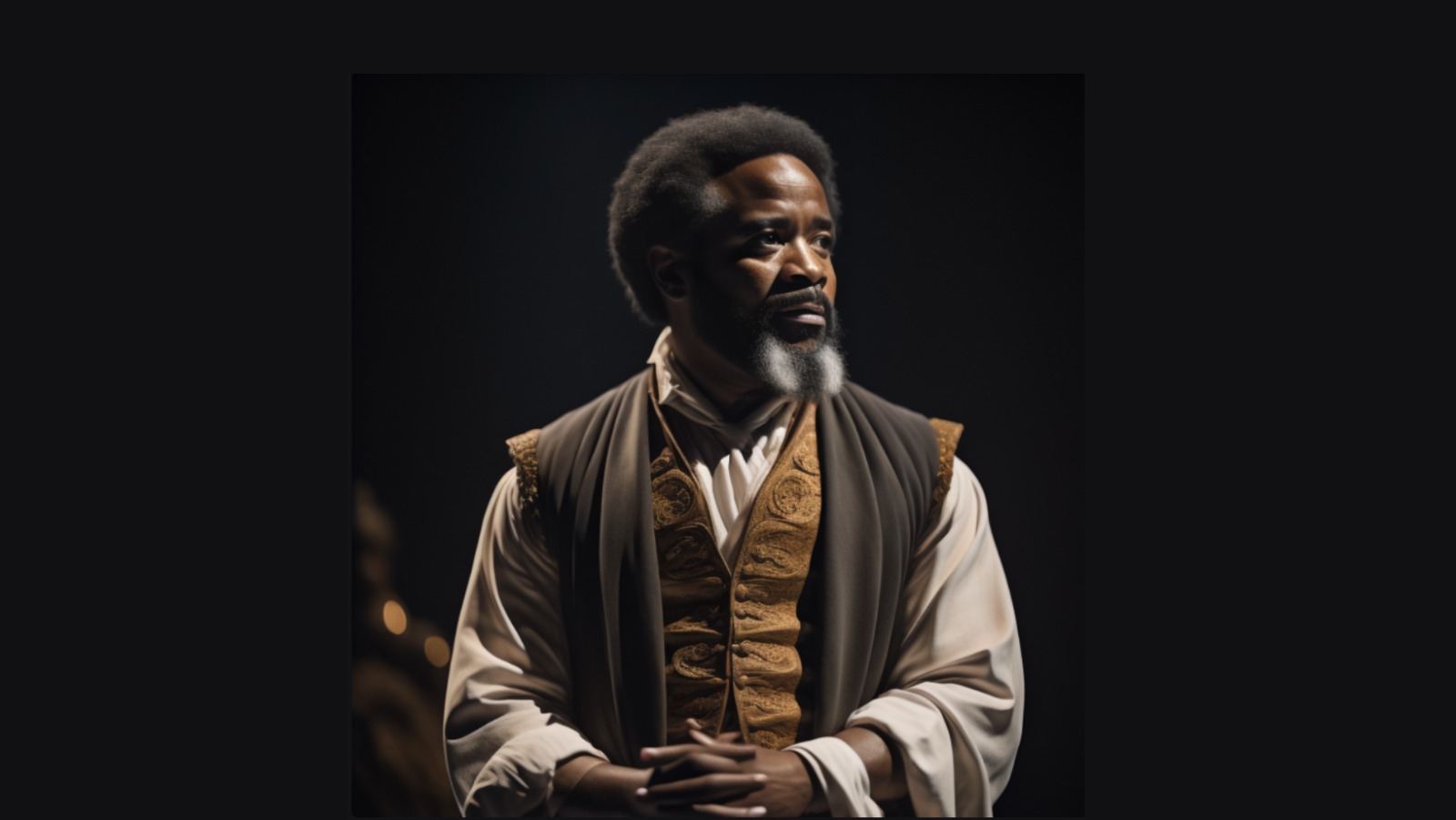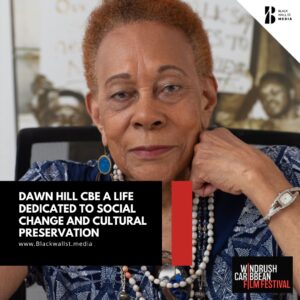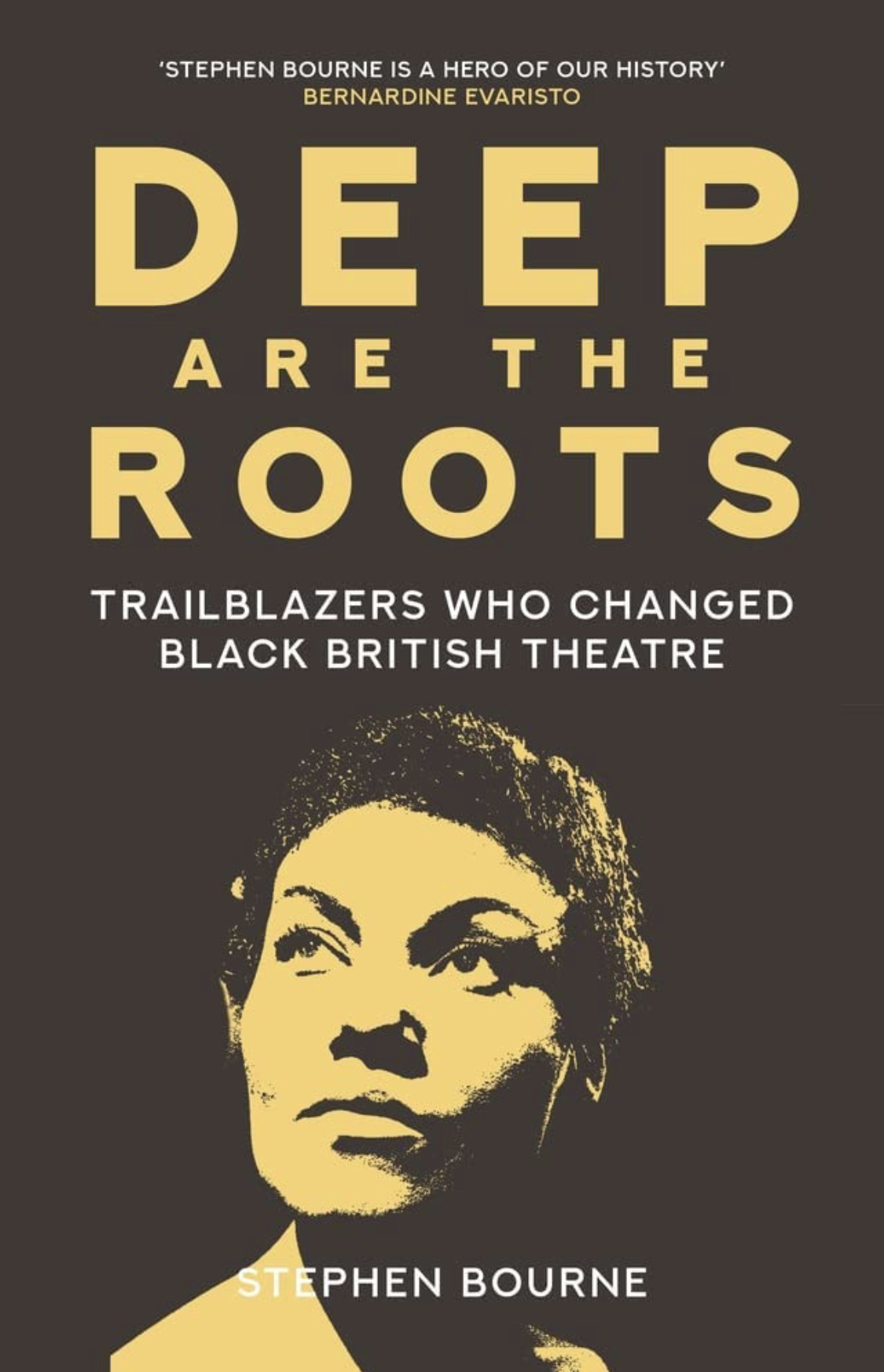HISTORY
Black History Month Spotlight: The Pioneering Legacy of Ira Frederick Aldridge, The 'African Roscius' 🎭
“Dive deep into the life of Ira Frederick Aldridge, the trailblazing African American actor who defied racial barriers to shine on the global theatre stage. From New York's African Grove Theatre to Europe's grand stages, discover the incredible journey of a man who wasn't just about acting, but epitomized resilience and passion.”
Black Wall St. MediaContributor

The name Ira Frederick Aldridge may not resonate with many today, but in the annals of theatre history, he stands as a towering figure, the first African American actor to conquer the global stage against the tidal waves of racial prejudice.
Born to Reverend Daniel and Lurona Aldridge in New York City in 1807, young Ira’s tryst with acting started early. While the African Free School in New York sowed the seeds of his classical education, it was the iconic African Grove Theatre that shaped his theatrical aspirations.
Under the mentorship of James Hewlett, the premier African American Shakespearean actor, Aldridge honed his craft.
However, the racially charged atmosphere of the United States in the 1820s made Aldridge realize that to truly soar, he had to leave his homeland. And so, in 1824, he found himself in Europe, working initially as a valet for actor James William Wallack.
Glasgow, Scotland welcomed Aldridge next, where he immersed himself in the world of theatre, both as a student and performer.
His portrayal of Othello at London’s Theatre Royal Covent Garden in 1825 was just the beginning of an illustrious career that saw him breathe life into characters from King Lear, Macbeth, and The Merchant of Venice.
Ever the maestro, Aldridge didn’t just stick to traditional renditions. He innovatively adapted classic plays, reshuffling characters, revising scenes, and even borrowing elements from various works to present a refreshing theatrical experience.
His continental tours from 1852 onward showcased his prodigious talent across Europe. Be it Prussia, Hungary, or Poland, audiences were enchanted by Aldridge, leading to a slew of accolades including the Prussian Gold Medal for Arts and Sciences and the Golden Cross of Leopold.
Sadly, the curtains came down on Aldridge’s life in 1867 while he was in Lodz, Poland. His legacy, however, continues to inspire. Besides his indelible mark on theatre, he left behind a daughter, Luranah, who carried forward the artistic torch as an accomplished actress and opera singer.
Today, as we celebrate Black History Month, it’s imperative to remember and honor stalwarts like Ira Frederick Aldridge.
His life wasn’t just about acting; it was a masterclass in resilience, tenacity, and breaking racial barriers. From the streets of New York to the grand stages of Europe, Aldridge’s journey exemplifies the power of passion and determination.
In Stafford-upon-Avon and Lodz, plaques commemorate Aldridge’s unparalleled contributions to the arts. But perhaps the best tribute is to ensure that stories like his are told, retold, and celebrated, not just in Black History Month but every day.
Black Wall St. MediaContributor
Author: Stephen Bourne
Black History Month Spotlight: Unraveling the Tapestries of Black British Theatre 🎭
In “Deep Are the Roots,” Stephen Bourne takes readers on a poignant journey, tracing the footprints of Black British theatre maestros from 1825, when Ira Aldridge became the first Black artist to grace the UK stages as Shakespeare’s Othello, to the pioneering efforts of Britain’s initial Black-centric theatre company in 1975.
Bourne does more than just revisiting history; he challenges dominant narratives. Delving beyond the often-acclaimed portrayal of Othello by Laurence Olivier, Bourne revives the tale of the Victorian-era Shakespearean maestro, Paul Molyneaux.
From icons like Paul Robeson, Florence Mills, and Buddy Bradley, who made their mark on British soil after initial acclaim elsewhere, to the avant-garde writings of Barry Reckord, Errol John, Mustapha Matura, Michael Abbensetts, and Alfred Fagon, this exploration sheds light on the diverse luminaries that laid the groundwork for contemporary Black British theatre.
Leveraging interviews and meticulous research, “Deep Are the Roots” paints a vivid picture of the theatre’s Black visionaries and their indelible imprints on today’s British cultural tapestry. A must-read this #BlackHistoryMonth!
Walks, Talks and Films on the African History of London












